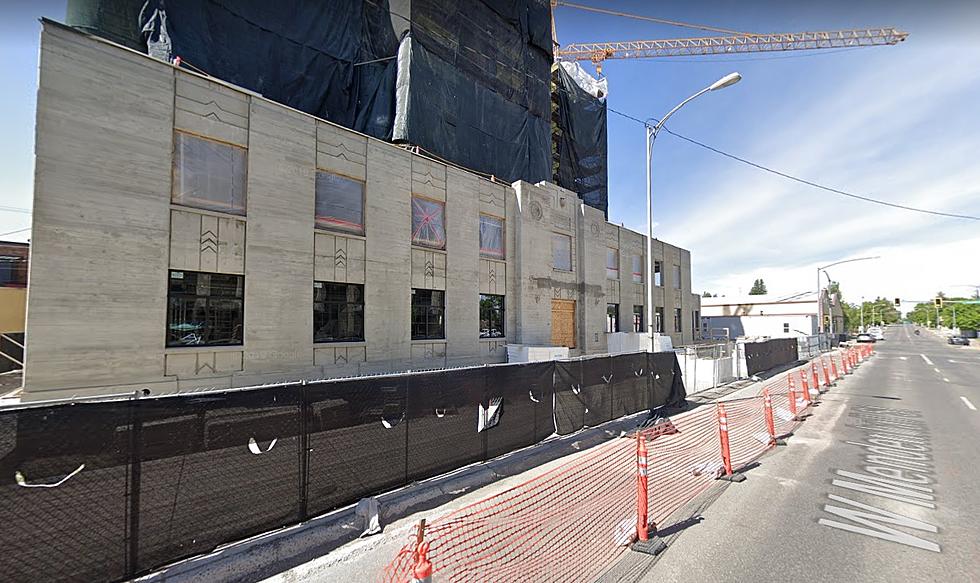
Building Your Business With a Website
Back in 2008 society was in the midst of a major technology explosion that is showing no signs of slowing down anytime soon. At the hub of this technology is the Internet.
At first, there was an effort to keep the Internet pure. There was no advertising or commercial use allowed. It was supposed to be used for the sharing of information across all borders and cultures. But in the mid 90s, the first advertising appeared on the Internet, and the entire world changed. Finding information on any product or service is now just a few keystrokes away.
Does Your Business Need a Website?
Business owners often tell me the Web won’t help them because they only sell locally. I once agreed, but no longer. Consider some of the finding from Nielsen/NetRatings and the Pew Internet & American Life Project: 53 percent of 25 to 34 year olds purchase online; 51.2 percent of 35 to 44 year olds purchase online and 30 percent of offline purchases were influenced by online searches.
Studies by LocalEze, ComScore and Jupiter Research show even more evidence of the need for a local Internet presence: 54 percent of customers have substituted the Internet for the phone book and 64 percent of searches result in an offline purchase.
What’s the Return on Investment From a Website?
How much does a website cost? The easy answer is, “How much do you have?” When I launched my site in 1998, I created it with a $60 web-publishing program. I didn’t have the money to have it done professionally, so I had to learn to do it myself. Was it easy? No, it wasn’t. Neither was learning Microsoft Word, Excel or Quickbooks but somehow I learned to use those too.
One of the easier programs that many web designers are using is WordPress. It’s simple to set up, and easy to add content. The faster you learn, the less time it will take to create your own site. You can buy a web design program or you can use online guides.
There are several free online classes to teach you the basics of web design and construction. If you are fortunate enough to have the financial resources, you can have a site created for you. I would recommend that you take the free courses just to have a working knowledge of how a web site is constructed.
How Will They Find Me?
With millions of sites, you might wonder how customers will find your site. Start with your site name. As much as my ego wanted to call my site www.tomegelhoff.com, it’s highly unlikely that anyone other than my family would type that into a search engine.
Instead, I called my site www.smalltownmarketing.com because it says what I do. www.jonesrealestate.com of Paris, Texas is not nearly as effective as www.paristexasrealestate.com. If I am doing a search for real estate in Paris, Texas which site will come up higher in the search engines? The latter one. Even a search of “Texas Real Estate” will produce better results that the Jones site.
Relevance, Relevance, Relevance
If the key to success in business is location, location, location, then the secret to the net is relevance. Think the terms people are going to type into search engines to find you.
Make your Web pages relevant to those search terms. Each page on your site is it’s own website and can be found by a search engine. About 60 percent of my traffic doesn’t come through my home page. It comes through articles I have written, and posted on the site on all kinds of topics relevant to various search terms.
Using our real estate company above, I would suggest creating pages entitled “Paris, Texas Commercial Real Estate,” “Paris, Texas Ranch Property,” “Paris, Texas Vacation Property.”
How to Get Your Site In Search Engines
How do you get into search engines? An easy way is to join your chamber of commerce and have it put a link to your page on their page to yours.
When search engines “crawl” the net, they follow all links they find. When they find the link to your site they will add you to their search inventory.
Another way is to submit your site to DMOZ, a directory that complies the information you see when you use Google and other major search engines, and is free to submit to it. Make sure you follow their instructions to the letter or you may be rejected.
Some Final Thoughts
A successful website is always going to be a work in progress. There are no tricks, tips or shortcuts to high rankings. If your site is relevant to the keyword your customers are entering, you will be found.
More From KMMS-KPRK 1450 AM









